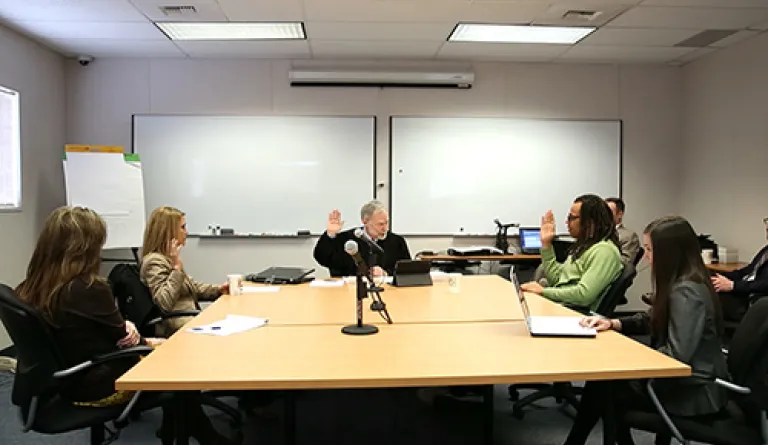A Focus on Child-Centered Divorce and Better Family Outcomes

Going through divorce is often a turbulent time for families, particularly when children are involved. However, parents, practitioners, and courts can adopt more mindful approaches that prioritize children’s well-being and help families find smoother processes through difficult changes.
Recent attention has been directed towards child-centered divorce practices, which put divorce’s effects on children in focus and build divorce strategies that minimize negative impacts on them. While research shows that divorce and separation bring an increased risk for child adjustment problems such as depression, child-centered mediation and counseling services hold a key to mitigating these problems. These services offer a supportive environment for parents to put differences aside and focus on solving problems and planning for the future, with the wellbeing of children at the forefront of all decisions.
Experts also emphasize that reducing conflict and promoting cooperation between parents during and after divorce is critically important. High levels of conflict can harm children’s emotional well-being and their ability to adjust to divorce. Yet, this runs counter to the typical court experience for divorce and separation, which is adversarial in nature and does not foster healthy family reorganization. For this reason, alternative dispute resolution methods like collaborative divorce or mediation are encouraged. These methods prioritize negotiation and compromise over adversarial litigation, and ultimately promote healthier co-parenting relationships.
IAALS’ Center for Out-of-Court Divorce, open from 2015 to 2017 in Denver, Colorado, provided such support to families navigating separation and divorce. Our approach focused on resolving disputes outside the courtroom through multi-disciplinary legal dispute resolution services, particularly benefiting families with children. A comprehensive evaluation in 2019 provides insights into the Center, including the population we served, how services were utilized, program duration, and its impact on families. Most parents who went through the out-of-court divorce process expressed an overall positive impact on themselves, their children, and the families as a whole. These outcomes mark a significant improvement compared to the high rate of dissatisfaction expressed by parents who have gone through the traditional adversarial court system. IAALS still receives frequent outreach from local families seeking services like the Center provided.
In-court solutions can also evolve to better help families and prevent such high rates of unhappiness. Courts can enhance their support for children and families in several ways:
- Prioritizing the child's best interests in custody, visitation, and support arrangements.
Encouraging co-parenting plans that foster cooperation and shared decision-making. - Providing education and resources to help parents understand the impact of divorce on children and develop effective parenting strategies.
- Offering training for judges, lawyers, and court personnel on child-centered divorce practices and trauma-informed approaches.
- Promoting collaboration between the legal system, mental health professionals, and community organizations to ensure comprehensive support services for families.
In the end, adopting a child-centered approach to divorce—both in-court and out-of-court—can mitigate its negative impact on children and empower families to navigate this challenging transition with resilience and compassion.
